In un incontro al Circolo Maccari, organizzato da Assopace Palestina Firenze, il 22 ottobre Jawad Zawhara, giovane laureato in matematica, attivo nei comitati popolari per la resistenza nonviolenta dal 2006, e da quattro anni coordinatore dei gruppi di attivisti internazionali che fanno la raccolta delle olive nella zona sud della West Bank, ha parlato dell’attivita’ dei comitati popolari per la resistenza nonviolenta, della situazione attuale della Palestina occupata e del progetto per la costruzione di una scuola per l’infanzia presso il centro culturale Al Shmoah ad Alma’sara.
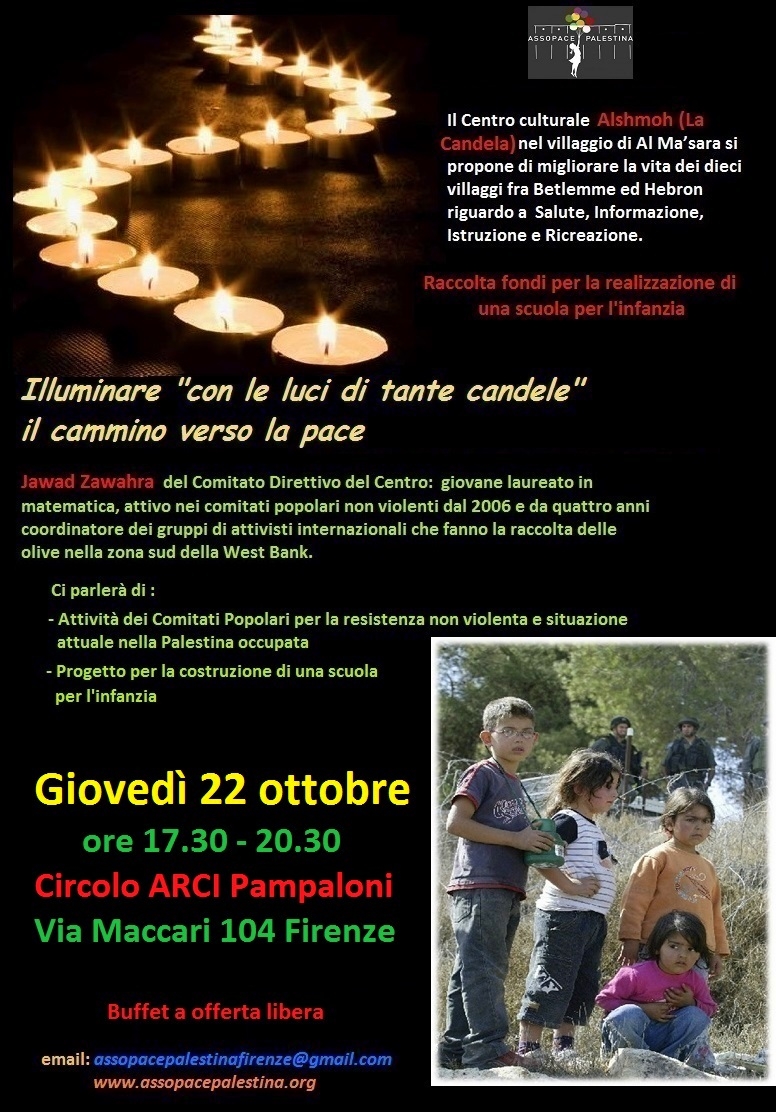
Il centro Alshmoah si propone di migliorare la vita di dieci villaggi tra Betlemme e Hebron riguardo a Salute, Informazione, Istruzione e Ricreazione.
La serata si e’ conclusa con una cena di raccolta fondi per l’asilo Al-shmoah.
Qui potete leggere il progetto in italiano
IL CENTRO CULTURALE AL-SHMOH (LE CANDELE)
La prosperità e lo sviluppo della società palestinese dipendono in grande misura dall’istruzione e dalla tecnologia che sono i nostri mezzi per far conoscere cultura e competenze ad altre società in tutto il mondo e per avviarci nel modo migliore verso una modernizzazione costruttiva.
Questo progetto ha lo scopo di istituire negli spazi del Centro Culturale Al-Shmoh, la prima scuola per l’infanzia che risponda alle esigenze di 10 villaggi in quest’area tra Hebron e Betlemme.
Il backgroung – Storia di Al-Shomoh
Il centro Culturale Al-Shmoh che si trova ad Al Masara è stato creato dalla comunità dei villaggi di Al Masara e dintorni e svolge la propria attività per 10 villaggi dei sobborghi meridionali del Distretto di Betlemme, in una regione che è sempre stata priva di servizi essenziali; la necessità di avere una semplice struttura locale si è fatta però più urgente alla fine del 2000: da allora, infatti, numerose ed estese barriere impediscono agli studenti del posto di raggiungere città e località dove poter ricevere un’istruzione di base.
I membri fondatori di Al-Shmoh hanno risposto dando fondo ai loro risparmi. Hanno comprato 10 computer e, nel maggio del 2001, hanno preso in affitto un piano di una casa in un villaggio vicino. Sin dall’apertura del centro gli studenti delle scuole superiori e dei college hanno cominciato ad affluire e si è sparsa la voce che i giovani non erano più costretti ad andare fino a Betlemme per usare un computer o avere l’accesso a internet. Il mese successivo 20 studenti si sono iscritti a corsi di matematica, arabo, inglese e francese. Oggi, dopo 14 anni, gli studenti di Al-Shmoh seguono varie discipline in corsi tenuti da volontari con formazione universitaria. Il progetto ha fatto scattare un grande entusiasmo, ma questo e la buona volontà non bastano a provvedere al mantenimento di Al-Shmoh e dei suoi studenti.
Il Centro ha bisogno di più sedie, tavoli e libri; gli insegnanti hanno bisogno di una fotocopiatrice, di carta, penne e matite, e continuano comunque a lavorare sodo. E’ maledettamente difficile per la gente del posto trovare queste risorse. I 10 villaggi si trovano nelle periferie di Hebron e di Betlemme, dunque sono pochi i politici locali che considerano prioritari i loro problemi. Inoltre l’occupazione israeliana impedisce agli abitanti dei villaggi di allontanarsi da quest’area. E’ stata proprio questa situazione a rendere necessaria la fondazione di Al-Shmoh e, sebbene il nostro lavoro sia difficile e le nostre risorse scarseggino, noi vogliamo continuare ad ampliare i servizi che il Centro offre così da renderlo il fulcro vitale su cui la comunità del posto possa fare affidamento.
In tutti questi anni Al-Shmoh è cresciuto fino a diventare non solo un punto di riferimento culturale, ma anche il luogo dove è stata creata la prima clinica della zona con corsi di sensibilizzazione sulla salute di uomini e donne. E’ anche un centro di aggregazione dove si raccolgono e si scambiano cibo ed indumenti per le persone più indigenti della comunità.
L’intervento più urgente per la nostra comunità è l’istituzione di una scuola per l’infanzia per aiutare le donne nel lavoro che ogni giorno dedicano alle loro famiglie numerose, lasciandogli un po’ di tempo libero da utilizzare altrove (impieghi, studio, attività ricreative) e promuovendo così una vera e concreta strategia per il loro processo di crescita e il potenziamento delle loro capacita’.
Il Centro accetta ben volentieri forme di cooperazione da parte di qualunque movimento che condivida il nostro orientamento alla solidarietà con il popolo palestinese.
In arabo Al-Shmoh significa “Le Candele”: ogni villaggio a cui offriamo i nostri servizi è per noi come una candela: una sola candelina, un villaggio da solo, non è in grado di produrre abbastanza energia per illuminare il cammino. Ma quando le candele sono accese tutte insieme, il sentiero diventa ben visibile.
La nostra missione
La missione del Centro culturale Al-Shmoh consiste nel:
1- Fornire servizi a 10 villaggi palestinesi nell’estremità meridionale del Distretto di Betlemme.
2- Aiutare gli abitanti di questi villaggi a conseguire prosperità e pace.
3- Perseguire i quattro obiettivi “H.I.E.R.” ( Health, Information, Education, Recreation=Salute, Informazione, Istruzione, Attività ricreative ) per migliorare la vita nel villaggio.
Al-Shmoh ed i suoi partners migliorano le condizioni di salute della nostra comunità:
1- Mettendo a disposizione gratuitamente medicine e professionisti del settore sanitario.
2- Costruendo la prima clinica della zona.
3- Promuovendo l’educazione delle donne alla salute e la presa di coscienza dei loro diritti.
4- Dotando le case del posto di impianti di acqua potabile, mai esistiti prima.
5- Portando cibo e indumenti ai più bisognosi nei nostri villaggi.
Il Centro Al-Shmoh è un polo informativo. Diamo la possibilità ai residenti di esplorare il mondo dal villaggio ogni volta che lo desiderino:
1- Con la creazione del laboratorio Internet Al-Shmoh che mette a disposizione computer, software, corsi di formazione ed accesso Internet a questa zona rurale.
2- Con la costruzione della Biblioteca Al.Shmoh e ii rifornimento di libri.
3- Studiando i modi possibili per far avere la connessione Internet alle case della zona.
Il Centro Al-Shmoh è un ente no-profit in crescita che integra e arricchisce l’istruzione dei residenti. Infatti:
- Offre corsi semestrali, tenuti da uomini e donne con formazione universitaria, a studenti di qualunque livello di istruzione.
2- Fornisce lezioni individuali a studenti di scuola superiore.
3- Porta esperti per laboratori su tematiche di interesse locale.
4- Organizza corsi supplementari di alfabetizzazione e tecniche di commercio agli adulti.
Al-Shmoh sta diventando un centro ricreativo regionale. Qui i Palestinesi possono ritrovarsi con la gente dei villaggi vicini e ritrovare con piacere le loro tradizioni culturali:
1- Nel Campo estivo Al-Shmoh gli studenti suonano, cantano, recitano e imparano a sviluppare capacità di leadership
2- Viene dato spazio periodicamente ad attività sociali di interesse locale, come il progetto di un club per il gioco degli scacchi.
3- E’ possibile partecipare al progetto Al-Shmoh Algebra: Salute +Istruzione+ Attività ricreative+ Resilienza = Prosperità+Libertà.
4- Il laboratorio Internet Al-Shmoh è un polo informativo che permette ai residenti di esplorare il mondo dal villaggio ogni volta che lo desiderino grazie a computer, software, corsi di formazione e accesso Internet a quest’ area rurale. Abbiamo 6 computer e in futuro speriamo di averne di più.
5- La biblioteca contiene testi scientifici ed enciclopedie su vari argomenti: qui lettori e ricercatori possono passare del tempo in modo piacevole e dedicarsi ai loro progetti di studio.
Progetti in corso ad Al-Shmoh
6- Imparare il mestiere e l’arte del ricamo. Il ricamo è una parte fondamentale della vita delle donne del villaggio; è un’arte popolare che le donne trasmettono di madre in figlia alle future generazioni. Appena una bambina è in grado di tenere in mano un ago con i suoi ditini, la madre comincia a insegnarle questa antica forma di artigianato, l’arte del ricamo e delle sue armoniose mescolanze di colori intrecciati. Le donne lavorano ancora sul ricamo per mantenere viva la cultura palestinese, per esercitare la loro sapienza in quest’arte, per usare il tempo libero con un lavoro utile: in questo modo esse danno anche un contributo al lavoro degli uomini e possono avere una fonte di reddito indipendente. Le donne ricamatrici del villaggio e dei dintorni hanno creato una cooperativa molto fiorente. Ora noi cerchiamo forme di cooperazione per trovare il modo di commercializzare i nostri prodotti.
7.Progetto Turismo. Le nostre comunità che vivono all’interno della Zona C della Cisgiordania devono reperire fonti di reddito sul posto per incoraggiare la popolazione a restare nella nostra terra storica, per far partecipare le nuove generazioni alle nostre tradizioni culturali, per far crescere la presa di coscienza a livello internazionale in modo da migliorare le nostre condizioni di vita sotto l’occupazione. Insieme abbiamo portato avanti una proposta di turismo creativo che coinvolge bambini, giovani, donne e uomini nel restauro di edifici tradizionali, preservando il contesto naturale, creando nuove fonti di reddito e rafforzando lo sviluppo economico nell’area a sud di Betlemme.
Siamo ora alla seconda fase di questo progetto finanziato e sostenuto da UNDP (United Nations Development Program-Programma delle Nazioni Unite per lo Sviluppo). Durante la prima fase abbiamo restaurato una grotta che viene utilizzata come teatro per attività culturali, abbiamo aperto un ristorante e trasformato alcuni appartamenti in strutture per ospitare turisti. Insegniamo l’Inglese agli abitanti dei villaggi e stiamo preparando una serie di attività e di itinerari da proporre ai turisti (lezioni di cucina locale, corsi per insegnare a fare il nostro pane e ll nostro formaggio, escursionismo, eventi culturali e serate a carattere socio-politico in cui facciamo conoscere la nostra storia e la nostra tradizione e parliamo per sensibilizzare e migliorare la conoscenza della nostra realtà attuale).
Il vlllaggio Al Masara
Dalla fine del 2006 quando il governo israeliano ha presentato il progetto del muro nell’area a sud di Betlemme, noi del Centro culturale Al-Shmoh ci siamo resi conto di quanto sarebbe stata difficile la vita della gente se il muro fosse stato costruito sulla terra dei contadini. Perciò abbiamo fatto le seguenti cose:
1- Il Centro Al-Shmoh ha organizzato il primo incontro con i contadini, con i consigli locali e le associazioni dei villaggi della zona sud e ha formato il COMITATO POPOLARE CONTRO IL MURO.
2- Abbiamo organizzato incontri settimanali del comitato popolare rappresentato soprattutto dai membri del Centro Al-Shmoh.
3- Alla fine di novembre 2006, abbiamo cominciato le attività contro il muro come reazione contro la distruzione delle vigne e degli oliveti da parte dei soldati.
4- Abbiamo messo a punto per la comunità popolare la strategia di resistenza al muro decidendo unanimamente che sarebbe stata resistenza NON VIOLENTA.
5- Il Centro Al-Shmoh ha organizzato 55 dimostrazioni contro il muro, ognuna con un denominazione diversa che ricorda date significative nazionali e internazionali o manifestazioni nazionali, ad esempio: il 15 novembre, giorno dell’indipendenza dello Stato di Palestina, il 30 marzo, giornata della Terra, il 1° maggio, Festa del Lavoro, il 14 luglio, Rivoluzione francese, il 9 agosto, in memoria delle vittime di Nagasaki e Hiroshima in Giappone e molte altre.
Perché abbiamo bisogno di una scuola per l’infanzia? Dato che siamo l’unico centro culturale nell’area dei 9 villaggi e ci occupiamo di ogni aspetto della situazione sociale della popolazione nella zona a sud di Betlemme, il nostro bisogno più urgente adesso è creare uno spazio per le nuove generazioni, in modo che sin da bambini i giovani possano fare riferimento al nostro centro ed essere in contatto con le sue attività e con il progresso culturale per cui Al-Shmoh si batte.
Molte donne partecipano alle attività di Al-Shmoh nei progetti descritti sopra, perciò la prospettiva di avere un asilo e di poter portare i figli con sé al posto di lavoro potrebbe costituire un miglioramento fondamentale delle loro condizioni di vita.
Riteniamo inoltre che sia importante creare per i bambini un luogo dove possano sentirsi al sicuro.
Nel primo mese, mentre raccogliamo fondi, i nostri sevizi saranno offerti gratuitamente e nel contempo lavoreremo perché l’asilo diventi uno spazio pubblico autofinanziato dalla comunità o dal governo. Per noi è essenziale la dimensione pubblica, non vogliamo diventare un business come gli altri. Riteniamo che ci vorranno otto mesi/un anno per poter essere autosufficienti.
I fondi che cerchiamo di raccogliere, elencati qui sotto, oltre il materiale come giochi e lavagne, riguardano soltanto il primo anno di attività, dopo il quale la sostenibilità dovrebbe essere assicurata dalla comunità.
Pensiamo di cominciare con 30 bambini dei villaggi dai 3 ai 6 anni di età.
I COSTI
| Voci di bilancio | Dettagli | Costo ($) |
| Manutenzione dei locali/arredamento | Divisione della sala grande in tre stanze di 4*5 metri, imbiancatura per renderle pronte all’uso | 4000 |
| Giochi | Materiale per attività ludica (palle, registratore, etc.) | 2500 |
| Articoli di cancelleria | Lavagne, matite, carta, colori, libri per bambini (materiali di uso quotidiano per un asilo) | 2000 |
| Insegnanti | Abbiamo bisogno di due maestri per 30 bambini di 3-4 anni e 15 di 5-6 anni | 10800 per lo stipendio di un anno |
| Manifesti e opuscoli | Per fare pubblicità | 1200 |
| Totale | 20.500 | |
BONIFICO BANCARIO
ASSOPACE PALESTINA
Unipol Banca – Filiale 140 – Supino (Fr)
IBAN: IT 50 O 03127 74610 00000 0001527
Causale: Centro culturale Al Shmoah Al Ma’sara
PROGETTO VERSIONE IN INGLESE – Al shmoh Kindergarten
Alshmoh Cultural Center
The prosperity and development in the Palestinian society depends highly on education and technology, which are our tools for sharing culture and knowledge with other societies all over the world and for having better access to positive modernizations.
This project aims to establish Alshmoh Cultural Center kindergarten , the first kindergarten serving the 10 villages in this area between Hebron and Bethlehem and located in the premises of the Center.
Background
Al-Shmoh Cultural Center is a cultural center created by the community of the villages of Alma’sara and surrounding, where the center is located. It serves 10 villages on the southern outskirts of Bethlehem District. The region of the 10 villages has always lacked basic services. But the need for a modest local facility became more urgent in late 2000. It was then that frequent and extended closures prevented local students from reaching towns and cities for basic education.
Al-Shmoh’s founding members responded by digging into their own savings. They bought 10 computers and, in May 2001, rented the floor of a house in a nearby village. When the doors opened, high-school and college students began to trickle in and word spread that young people no longer had to travel to Bethlehem to use a computer or access the Internet. The next month, 20 students signed up for courses in math, Arabic, English, and French. Today, 14 years later, Al-Shmoh students learn a range of subjects in courses taught by university-educated volunteers. But the good will and enthusiasm the center has generated is not enough to sustain Al-Shmoh and its students.
The center needs more chairs, tables and books; the teachers need a photocopy machine, paper, pens and pencils but they keep working steadily. These resources are maddeningly hard for local people to get. The 10 villages Al-Shmoh serves lie on the periphery of both Bethlehem and Hebron, so few local politicians think of these villages first. In addition, Israeli occupation keeps villagers from leaving the area. It was this situation that made Al-Shmoh necessary, and even if our work is hard and our resources scarce, we want to continue widening the services that AlShmoh offers so to make it a resourceful hub which the local community can count on.
In all the years, Alshmoh grew to become not only a cultural hub but the place where the first clinic of the area has been created with awareness courses on men and women’s health. It is also an aggregation place where food and clothes for the poorest in the community are gathered and shared.
We individuated as next urgent need that the community has, the one of a kindergarden, which could help women in their daily work of taking care of their numerous families and could free some of their time to be employed elsewhere (jobs, studying, recreational activities) thus promoting a real and concrete women empowerment strategy.
The center welcomes cooperation from any movement that shares our orientation toward solidarity with Palestinian people.
In Arabic, Al-Shmoh means “The Candles,” and we see each village we serve as one candle. Like one small candle, one village alone does not provide enough energy to light the way. But when all glow brightly, the path becomes clear.
Mission
Al-Shmoh Cultural Center’s mission is to:
1- Serve 10 Palestinian villages on the southern edge of Bethlehem District.
2- Help Palestinian villagers to attain prosperity and peace.
3- Pursue four “H.I.E.R.” objectives to improve the village life:
Health, Information, Education, and Recreation.
Al-Shmoh Center and its partners make our community healthier by:
1- Bringing in free medicine and medical professionals.
2- Building the area’s first clinic.
3- Improving women’s health education and awareness of their rights.
4- Providing local homes with their first-ever drinking-water pipelines.
5- Bringing food and clothes to our villages’ neediest.
Al-Shmoh Center is an information hub. We enable residents to explore the world from the village whenever they want by:
1- Creating Al-Shmoh Net-Lab, which provides computers, software, training and Internet access to this rural area.
2- Building and stocking Al-Shmoh Library.
3- Investigating ways to connect area homes to the Internet.
Al-Shmoh Center is a growing non-profit educational facility that supplements residents schooling by:
1- Offering semester-long courses by university-trained men and women to local students of all education levels.
2- Providing one-on-one tutorials for high-school students.
3- Bringing in experts for workshops on topics of local interest.
4- Providing adults with additional training in literacy and business.
Al-Shmoh Center is becoming a regional recreation center. Here Palestinians can enjoy their culture and their neighbors by:
1- participating to Al-Shmoh Summer Camp, where students play, sing, act and learn leadership skills.
2- Hosting regular social activities based on local interests, such as a planned chess club.
3- Participating to Al-Shmoh Algebra: Health education recreation resilience
- 4. Using Al-Shmoh Net-Lab, the information hub that enables residents to explore the world from the village whenever they want by providing computers, software, training and Internet access to this rural area.In the center we have 6 Computers, in future we hope that we well have more
- Using the library which contains scientific books and different kinds of encyclopedias which enable the readers and researchers to enjoy their time and achieve their study goals.
Al Shmoh current projects
- Learning the craft and art of embroidery. Embroidering is an integral part of the village woman’s life, it is a folk art that the woman inherits and passes on to her daughters and they, in turn, to future generations. The moment a young girl can manage a needle with her tiny fingers, her mother begins to instruct her in this age-old craft, the art of embroidery and its harmonious blending of interwoven colors. Women are still working on embroidery to reflect Palestinian culture, to practice their knowledge in this art and to fill their free time with useful work so to be able also to participate in the working life of men and to have an independent income. Women of the village and the surroudings, who are practising embroidery, have created a cooperative which is very productive. We are now looking for cooperation to find ways of marketing our products.
- Tourism Project. Our local communities, living within Area C of the West Bank, are seeking local livelihood opportunities which will encourage people to stay on our historic land, share our cultural practices with younger generations, and raise awareness internationally so that we can improve our own living conditions whilst living under occupation. Together we have developed a proposal for creative tourism that will engage children, youth, women and men in restoring traditional buildings, preserving the natural environment, creating new sources of income, and strengthening economic development in the South Bethlehem area.
We are now in the second stage of this project financed and supported by UNDP. In the first phase we restored a cave, which will serve as a theatre for cultural activities, we opened a restaurant, and adapted some apartments to hosting facilities for tourists. We are teaching English to local villagers and are preparing a series of activities and itineraries to offer tourists (from classes in local cuisine to teach how to bake our bread and make our cheese, to hiking trekking, from cultural events to socio-political evenings where we will share our history and tradition and we will talk about our actual situation to raise awareness and knowledge).
About Almasara Village
Since the end of 2006 when the Israeli government gave the design to work on the wall on the south Bethlehem area, we in Alshmoh Cultural center saw how much the life of the people would have been difficult if this wall was built on the land of the farmers . So we did the following:
1) Alshmoh center organized the first meeting with the farmers, local councils and associations of the south villages and formed the POPULAR COMMUNITY AGAINST THE WALL.
2) We organized weekly meetings of the popular community represented mainly by the members of Alshmoh center.
3) we started the activities against the wall at the end of November 2006 as a reaction against the soldiers’ action of destroying the fields of grapes and olives.
4) we set the strategy for the popular community in resisting the wall commonly deciding that it would have been NONVIOLENT resistance.
5) Alshmoh center established 55 demonstrations against the wall, each of them carrying different titles which represent national and international occasions or national demonstrations, as for example: the independent day of the Palestinian State on the 15th of November , the Land day on the 30th of March , the Prisoners day on the 17th of April , the Mother day on 21 of March, the Workers day on the 1st of May, the 14th of July the French revolution, the 9th of August which represents the memory of Nagasaki and Hiroshima in Japan, and many other occasions.
Why do we need a kindergarten?
Since we are the only cultural center in the 9 surrounding villages, which care about every aspect of the social situation of the people in South Bethlehem area, our most urgent need now is to create a hub for the new generation, so that the young generation, from the kids to the youth, can relate and be connected with the center, its activities and the cultural improvement it strives for.
A lot of women belong to the center working in the projects above, so the perspective of having a kindergarden which can allow them to bring their kids with them to the place where they work could become a fundamental enhancement of their lives.
We also believe in the importance of creating a place for the kids where they can feel safe
For the first month, while we are doing fund-raising, we will give our services for free and at the same time we will work so that it could become a public space self-funded by the community or by the government. For us the public dimension is essential, we do not want it to become a business like the others. We evaluate that in order to be able to become self-funded, a period of time from eight months to a year will be necessary.
The funds that we are looking for, listed below, are thus related, beside the material as games and blackboards, only to the first year of activity, after which the sustainability will be ensured by the community.
We think to start with 30 kids from the villages from the age of 3 to the age of 6.
COSTS
The Center puts at disposal of the community its hall to be used as kindergarden.
The project costs are listed below and refer to the start-up period, the first year of activity.
| Item | Details | Cost ($) |
| Decoration | To have the big hall divided into three room 4*5 m and painted to be ready to use | 4000 |
| Games | The games for playing (balls, music recorder, etc.) | 2500 |
| Stationary | The boards, pencils, papers, colours, children books (materials of daily need for a kindergarden) | 2000 |
| Teachers | Since we have 30 kids 15 child from 3-4 and 15 child 5-6 we need two teachers | 10800 per year as salary |
| Posters and brochures | To make advertisement | 1200 |
| Total | 20500 |

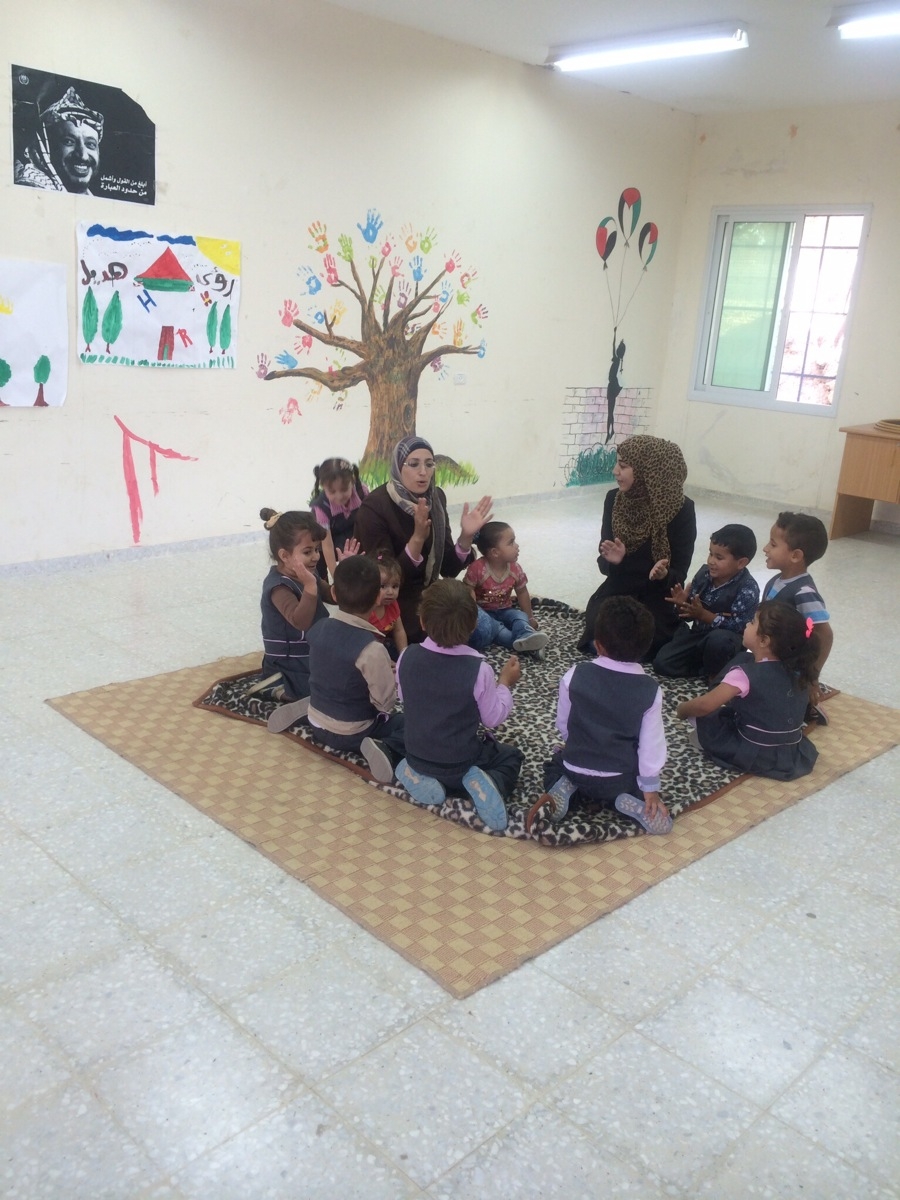
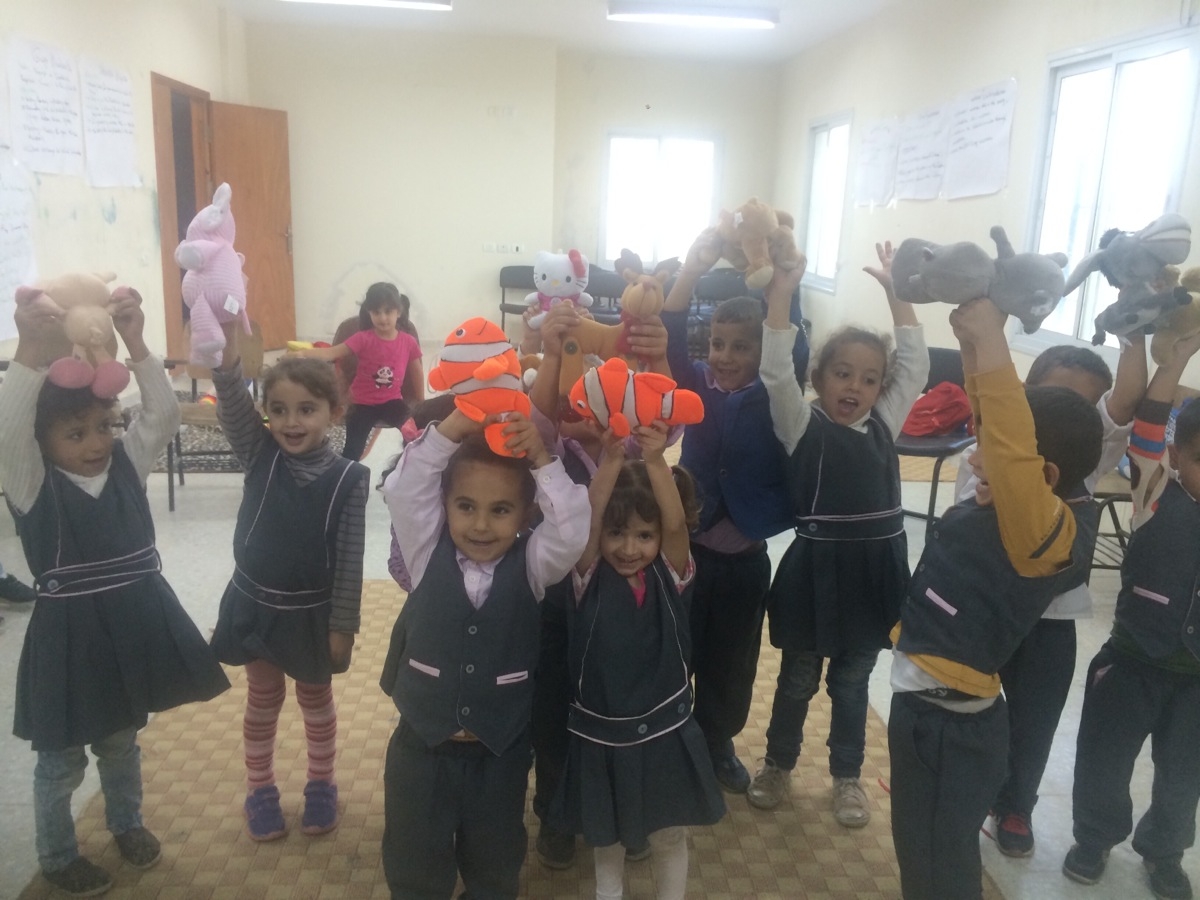
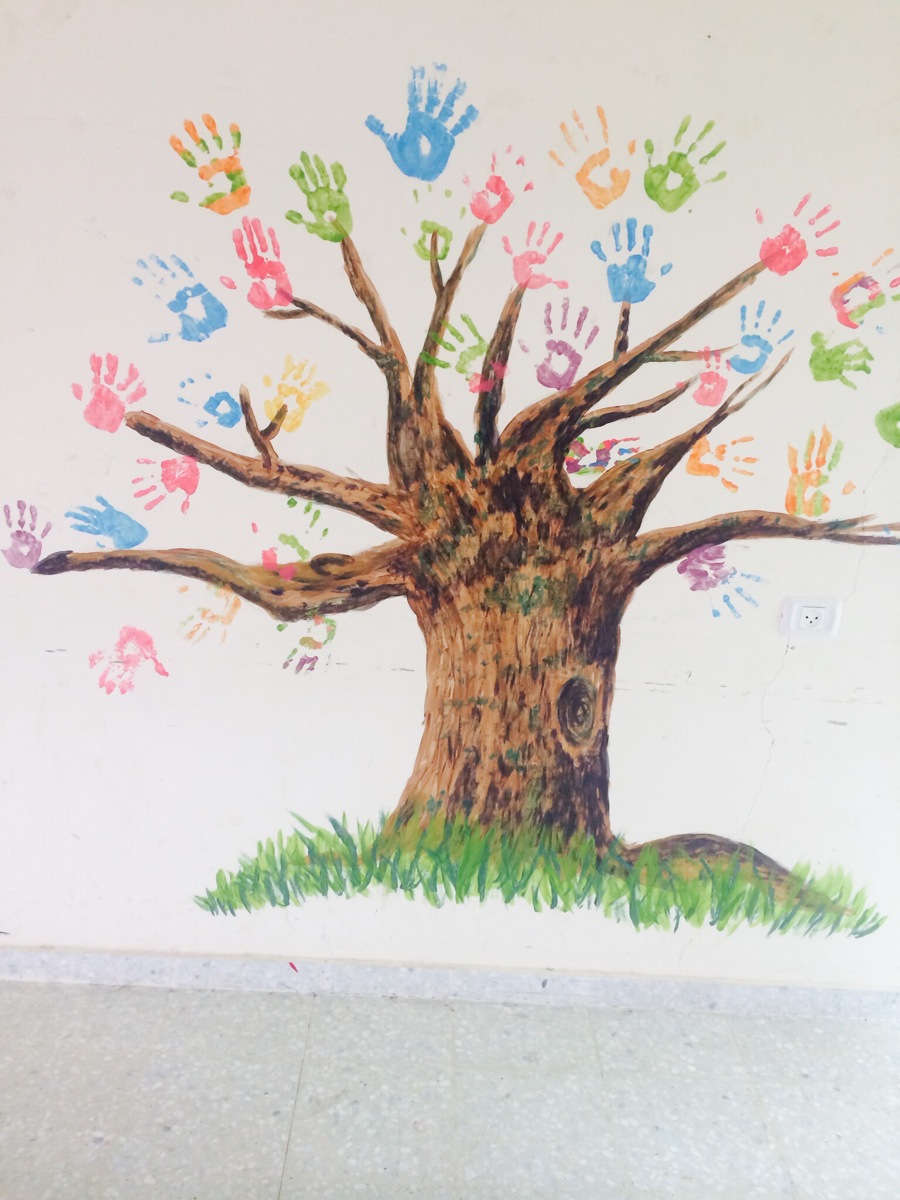

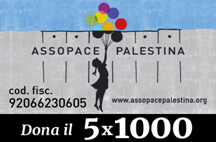
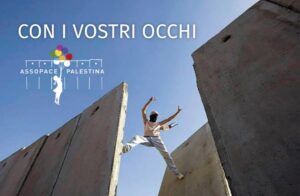
0 commenti